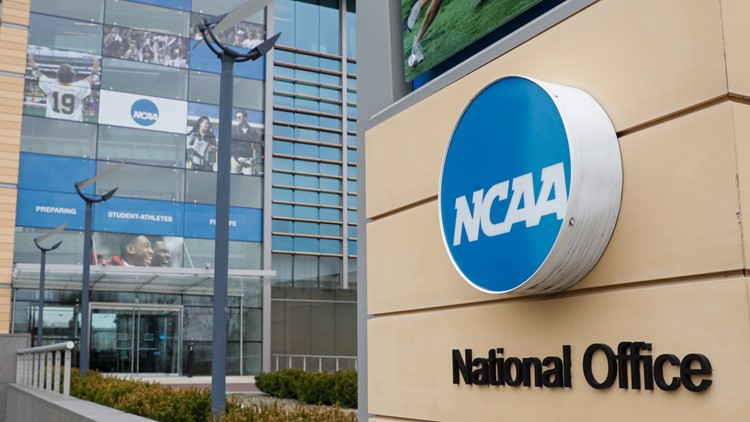
College Athletes Could Qualify as Employees Deserving of Pay
In a recent ruling, a U.S. appeals court delivered a setback to the NCAA by suggesting that college athletes whose primary efforts benefit their schools may qualify as employees deserving of pay under federal wage-and-hour laws.
The court’s decision challenges the NCAA’s long-standing concept of “amateurism” in college sports and raises important questions about the relationship between athletes and their schools. The ruling suggests that there should be a test to differentiate between students who play sports for fun and those whose efforts cross the legal line into work.
U.S. Circuit Judge L. Felipe Restrepo emphasized that playing sports can constitute compensable work, especially when considering the economic reality of the relationship between the athlete and the college or NCAA.
This ruling follows a 2021 Supreme Court decision that led the NCAA to amend its rules to allow athletes to profit from their name, image, and likeness. The NCAA recently announced a $2.8 billion revenue-sharing plan that could provide direct payments to athletes as soon as next year.
Advocates for Athlete Pay
The Division I athletes and former athletes involved in the lawsuit are seeking more modest hourly wages comparable to those earned by their peers in work-study programs. They argue that colleges are violating fair labor practices by failing to pay athletes for the significant time they dedicate to their sports.
Lawyer Paul McDonald, representing the plaintiffs, suggests that athletes could earn up to $2,000 per month or $10,000 per year for participating in NCAA sports. Many athletes rely on this income for everyday expenses.
McDonald argues that the notion that college athletes cannot be both students and employees is inaccurate, especially when considering the demands placed on student-athletes by their coaches.
Implications of the Ruling
The unanimous Supreme Court decision in 2021 allowed for NIL payments but did not address the issue of whether college athletes should be considered employees entitled to direct pay. This remains a key issue before the 3rd U.S. Circuit Court panel.
While some NCAA officials argue that turning student-athletes into employees would have a negative impact on college sports, the relationship between athletes and their schools continues to face scrutiny. The rise of social media campaigns and legal challenges indicates a growing demand for fair compensation for college athletes.
As the debate continues, it remains to be seen how this ruling will impact the future of college sports and the treatment of student-athletes across the country.

